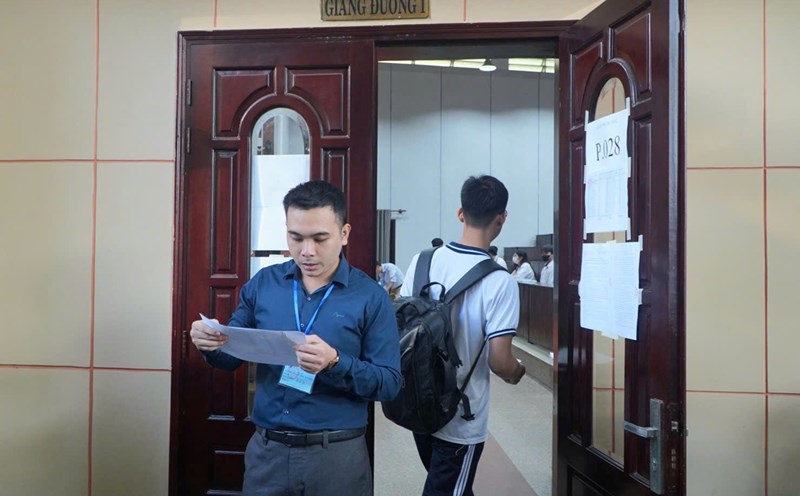The 46th session of the National Assembly Standing Committee is expected to take place over 6 days (from June 3-6, 2025 and from June 9-10, 2025) at the National Assembly House.
At this session, the National Assembly Standing Committee will spend more time on law-making. Including considering amending or abolishing the financial management mechanism and specific income of state administrative agencies and units.
If this mechanism is approved, for many people, this could be a disruptive decision, even bringing a sense of disappointment. But if we look further, this is a necessary turning point to re-establish budget discipline, fairness in public service and especially pave the way for real salary reform.
In fact, in recent years, it has been shown that special income, or financial flexibility, was initially designed with the expectation of helping increase productivity and reform the apparatus, but gradually became unequal.
Because in the same civil servant rank, in the same professional task, there are places with income three to five times that of other places, simply because there is a " own mechanism" or the ability to manage the budget more personally.
Of course, this mechanism is not legally wrong. However, because of the unlimited "financial flexibility" and not being associated with specific public service efficiency, special income has created a rushed mentality, instead of focusing on improving the quality of task performance.
As a result, the civil service system is differentiated by region and ministry; the motivation to strive for deviation and a sense of fairness within cadres and civil servants is increasingly eroded.
Therefore, if the decision to abolish all special income mechanisms from July 1 to be approved by the National Assembly Standing Committee is taken, it will be a strong political decision to put an end to a period of flexibility but lack of standards.
We cannot seriously reform salary policy, if from the beginning each unit has its own salary table, a separate allowance level based on special agreements. To pay salaries according to job positions and public service efficiency - in accordance with the spirit of Resolution 27 - first of all, the income distribution level must be fair and unified.
It would be very difficult to abandon a mechanism that has benefited many people, especially those with conditions.
However, the price to pay for inequality and lack of transparency in state governance is much greater. And if we do not dare to cut out inappropriate privileges, it will be impossible to build a modern, serviceable and professional administration.
Abolishing special income is not only about removing a line in the salary table, but also paving the way for a new thinking, where the state budget is a tool to serve fairness and sustainable development.








